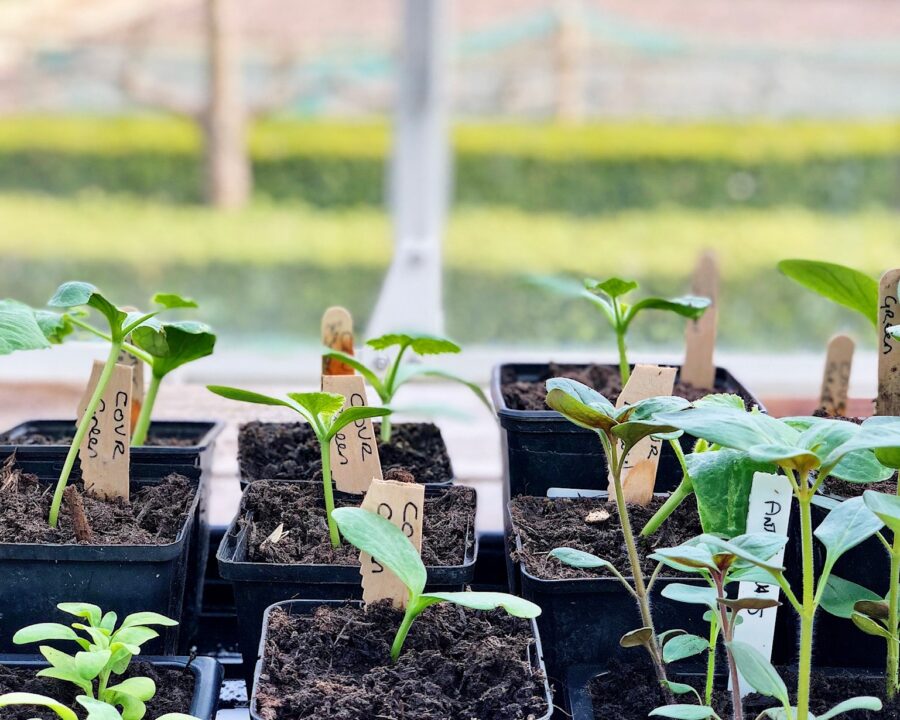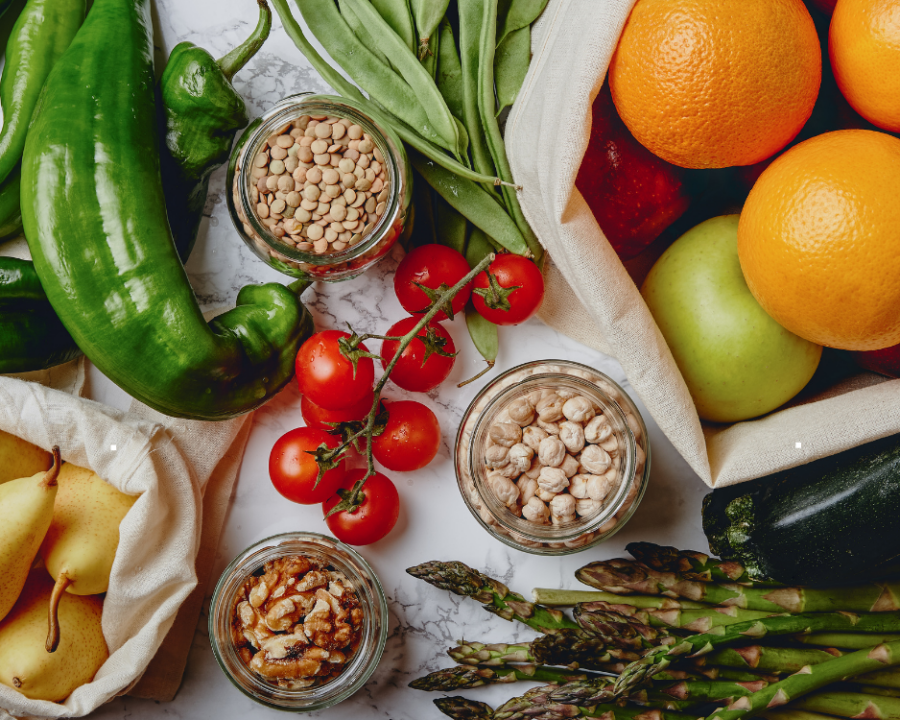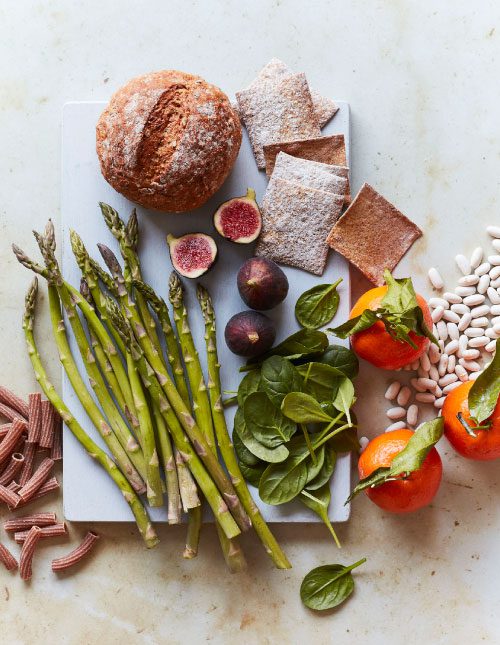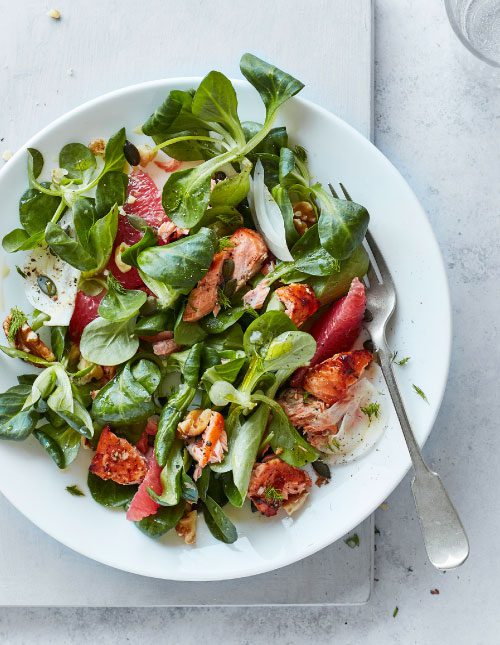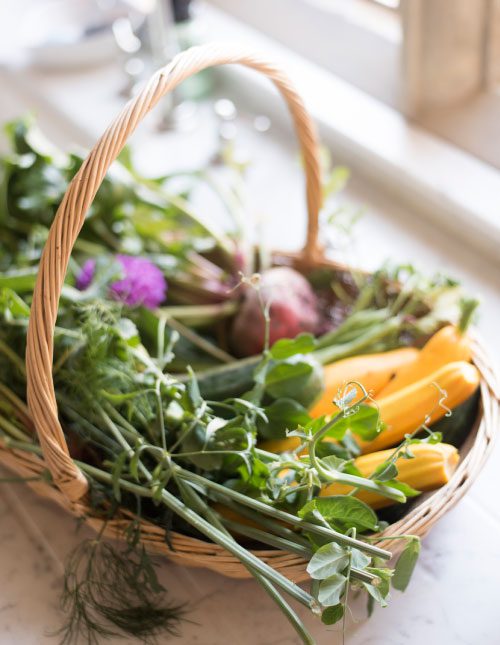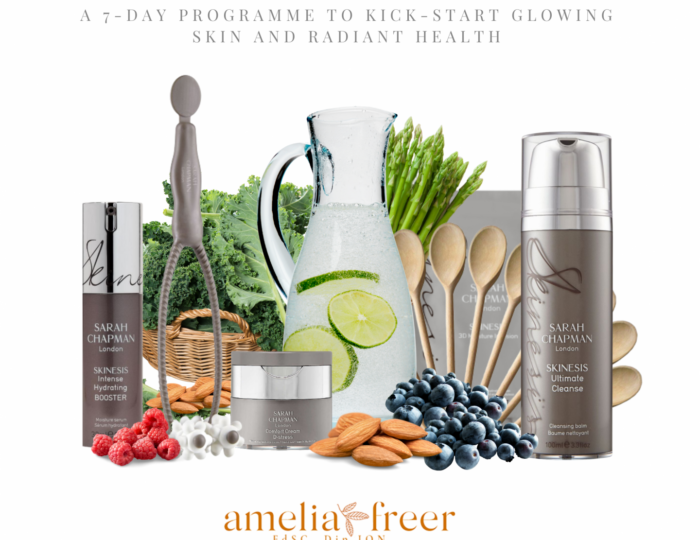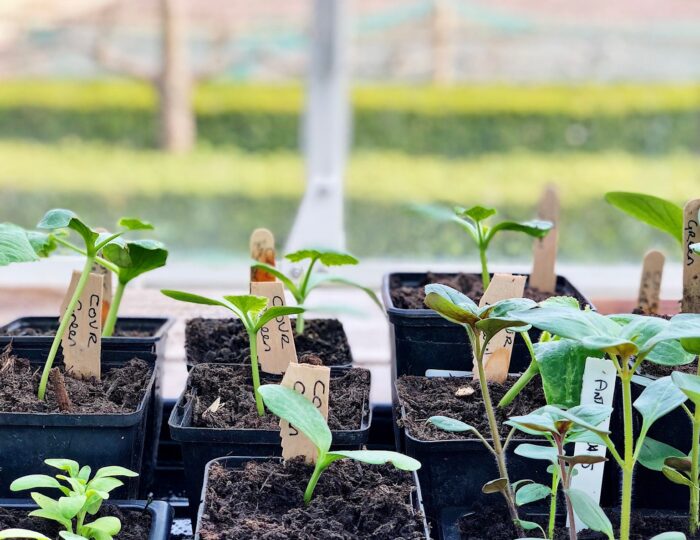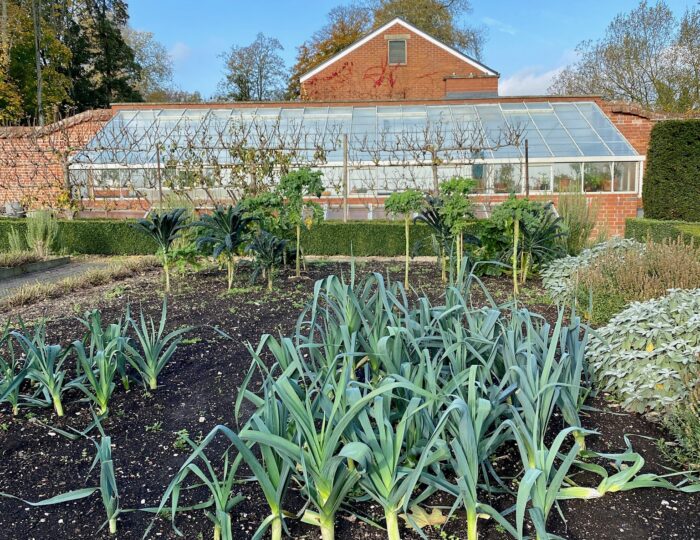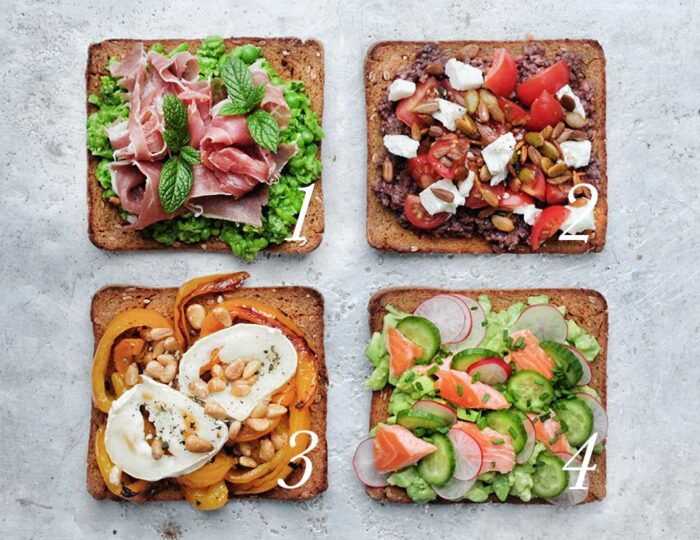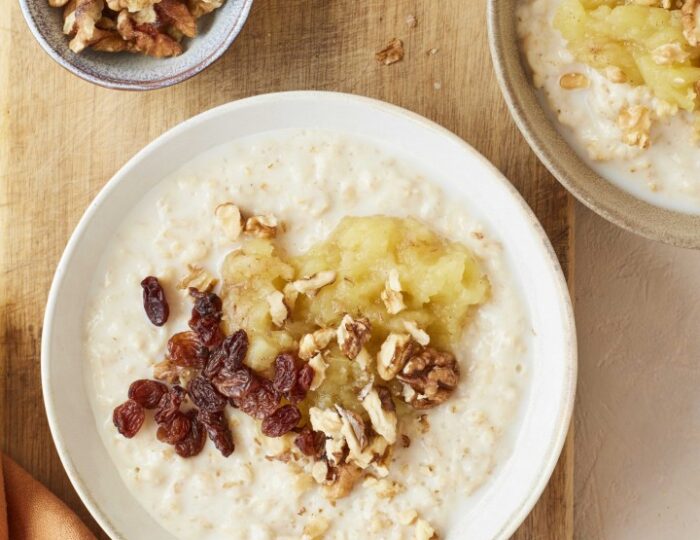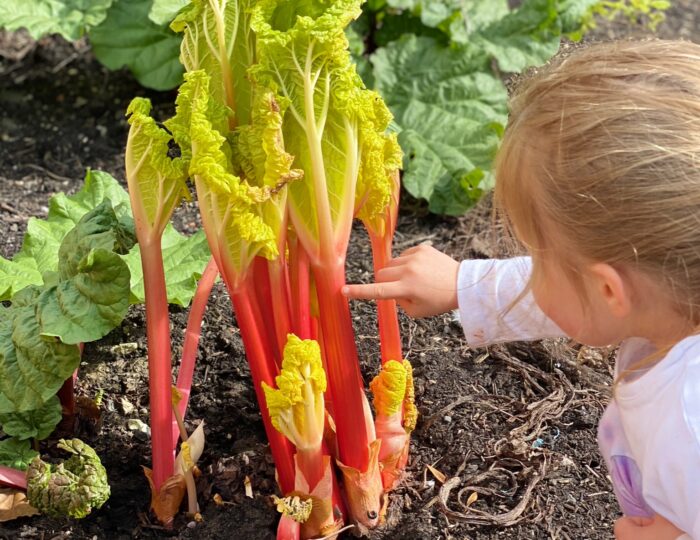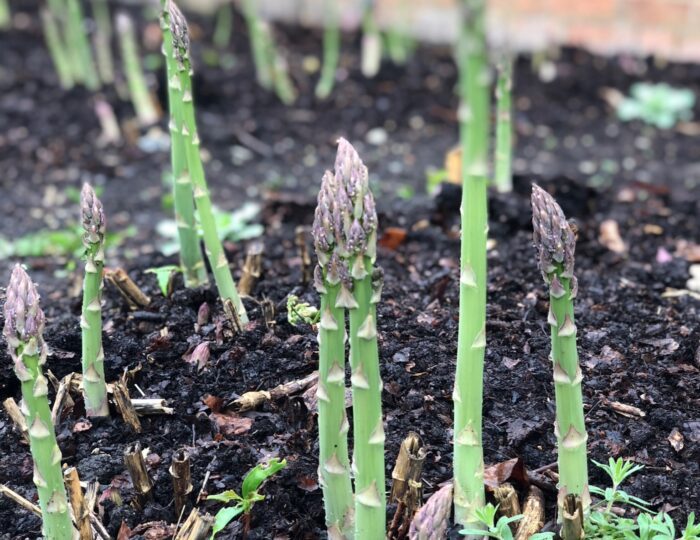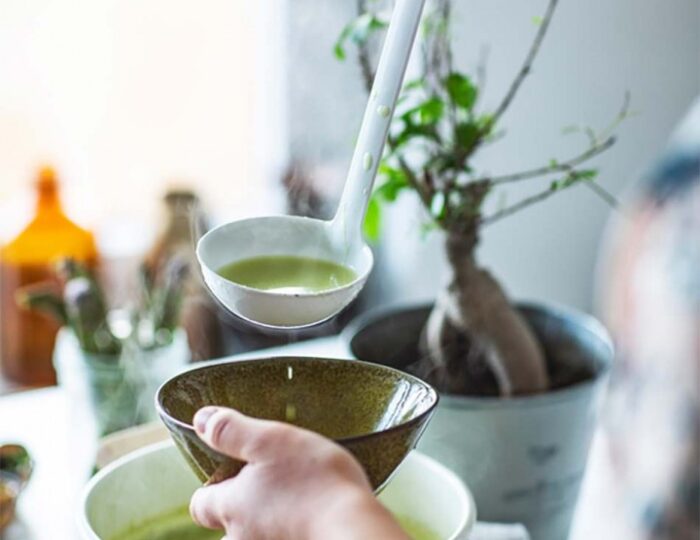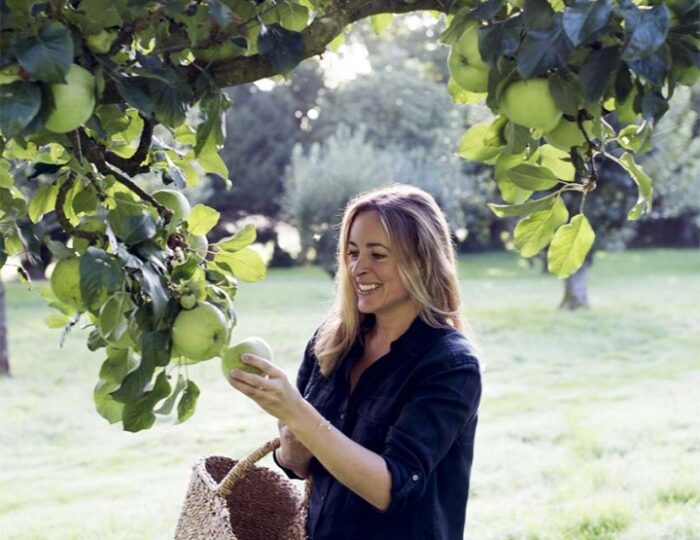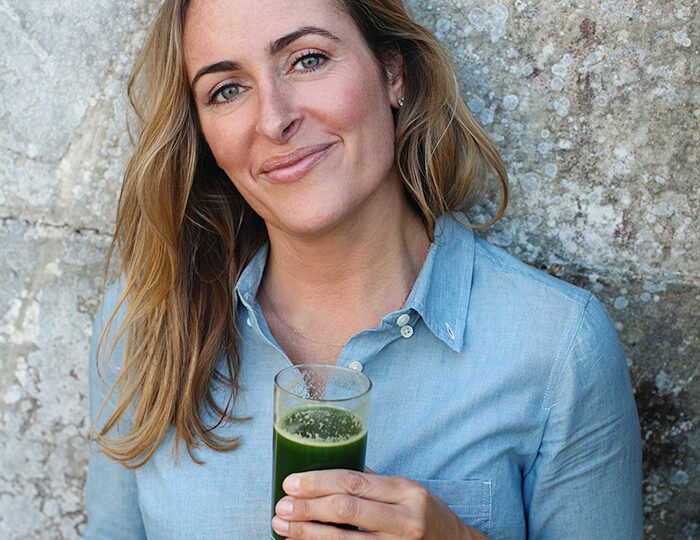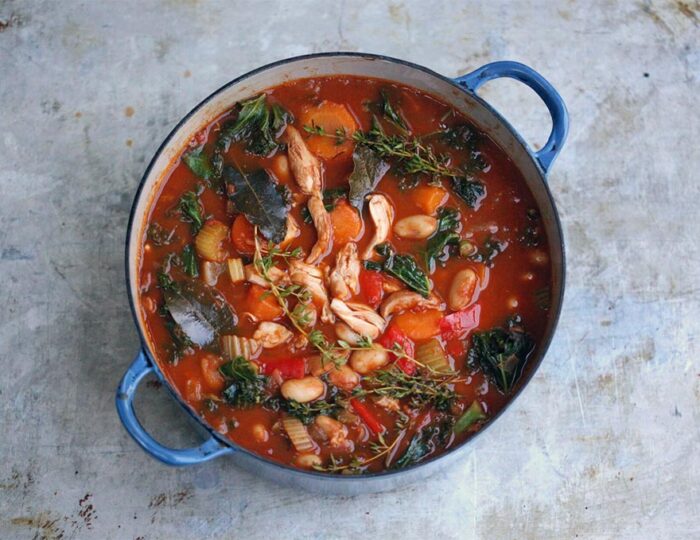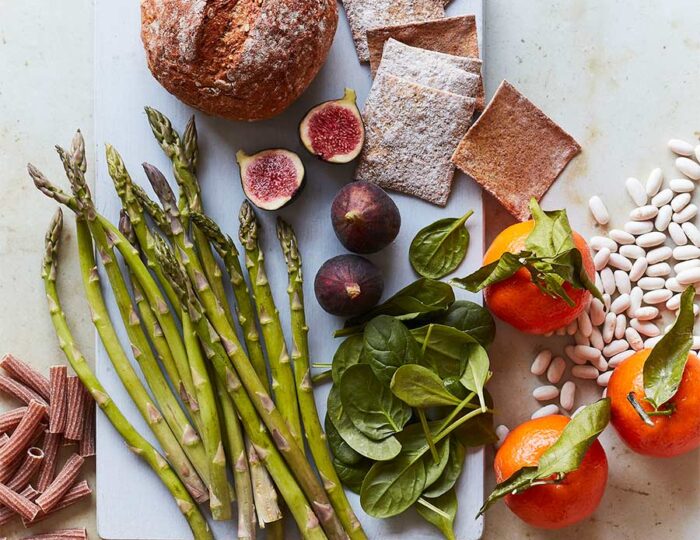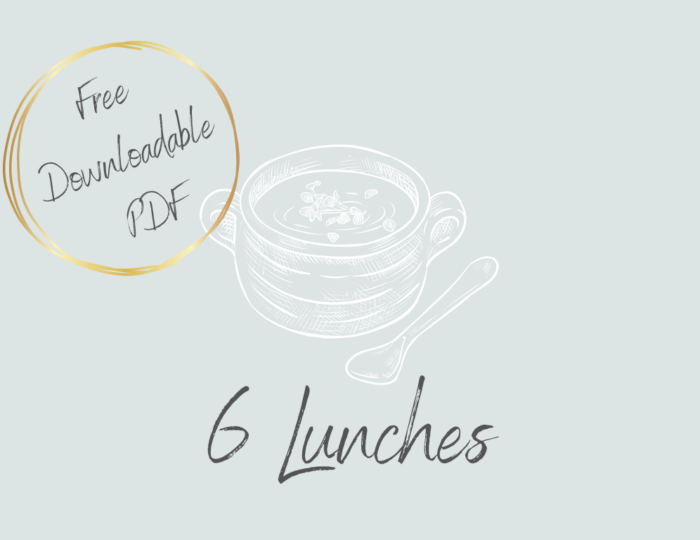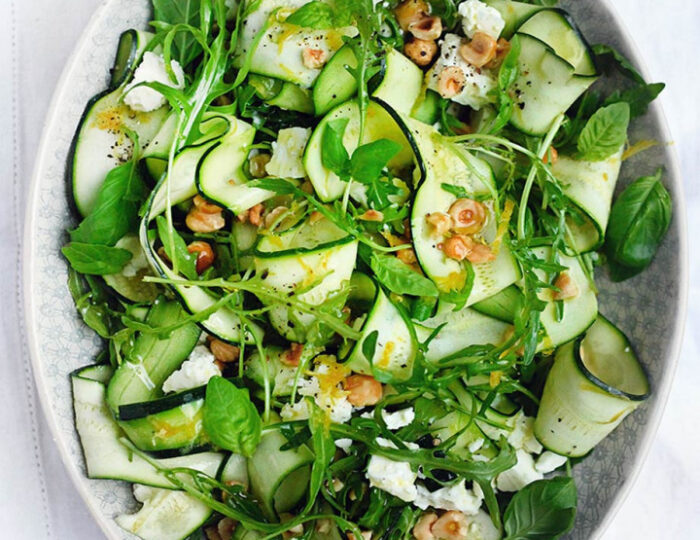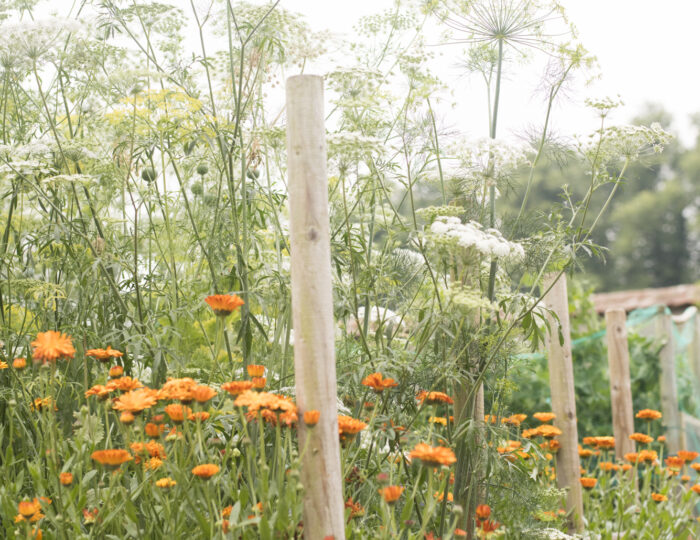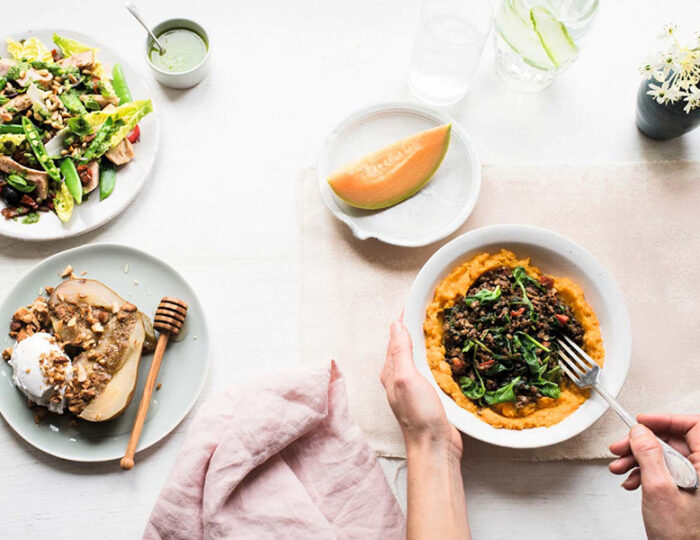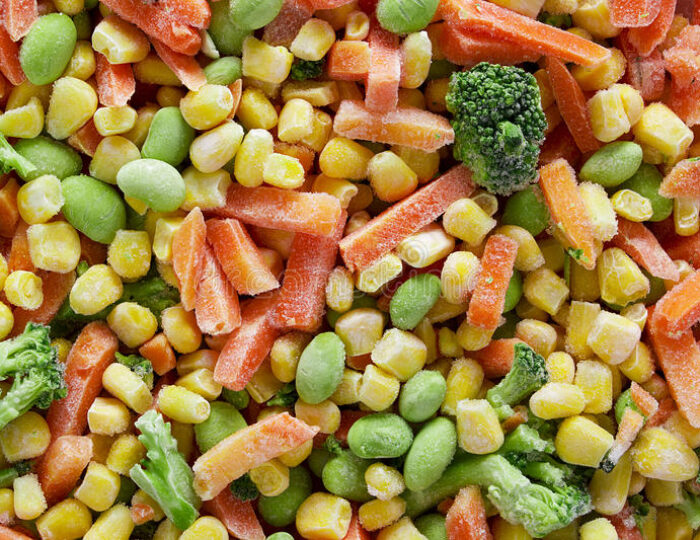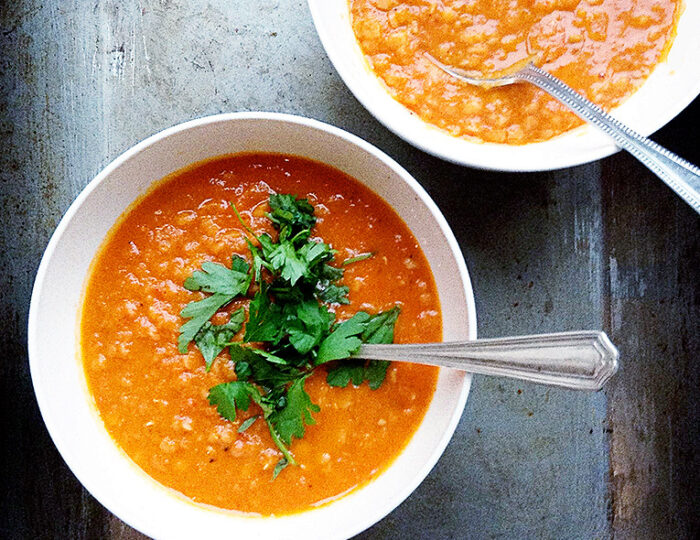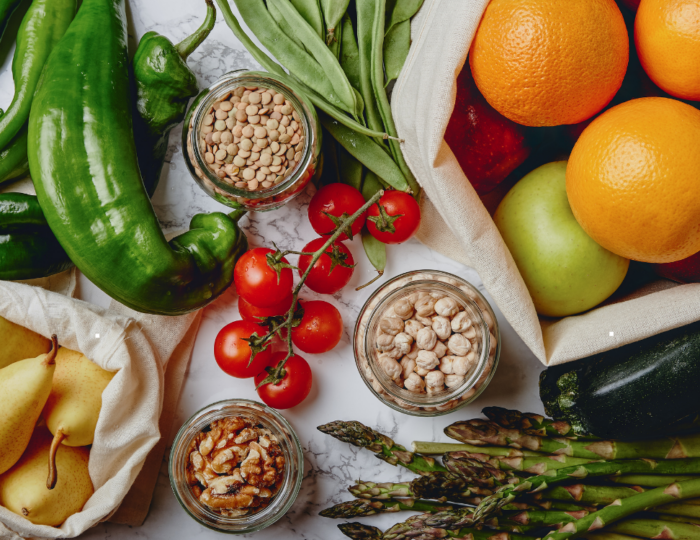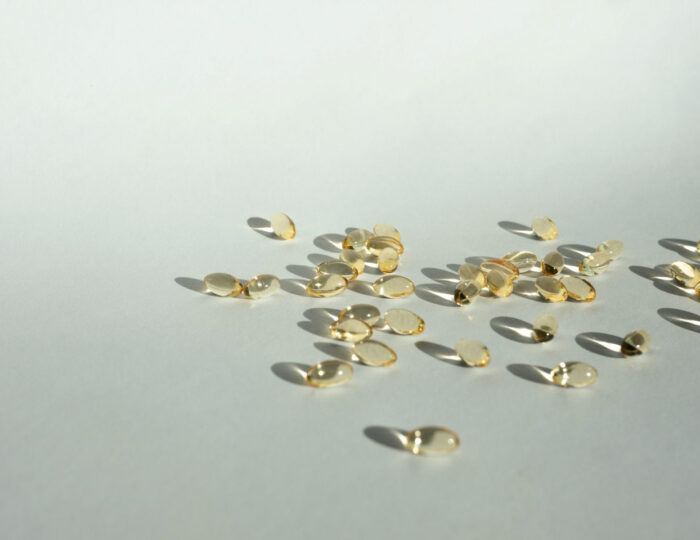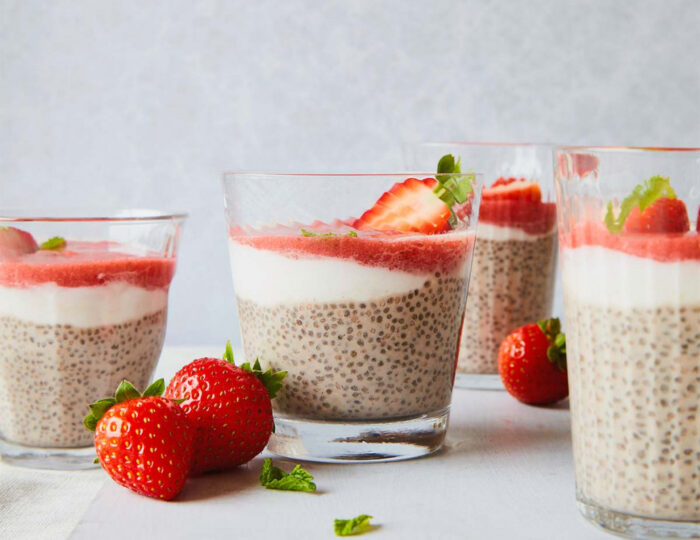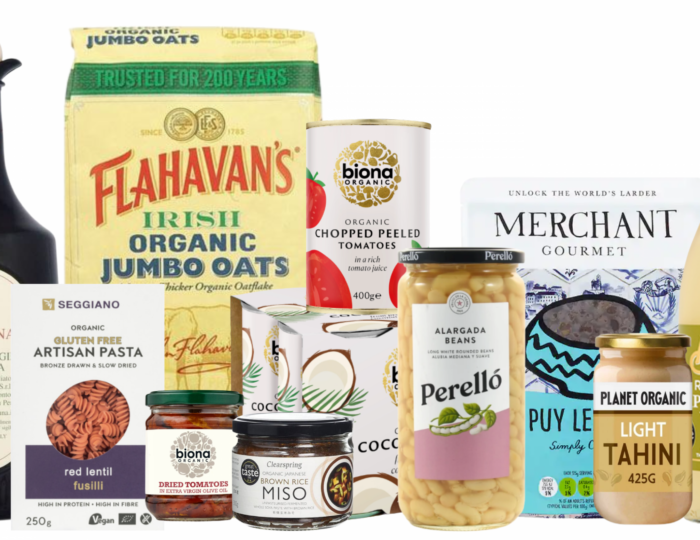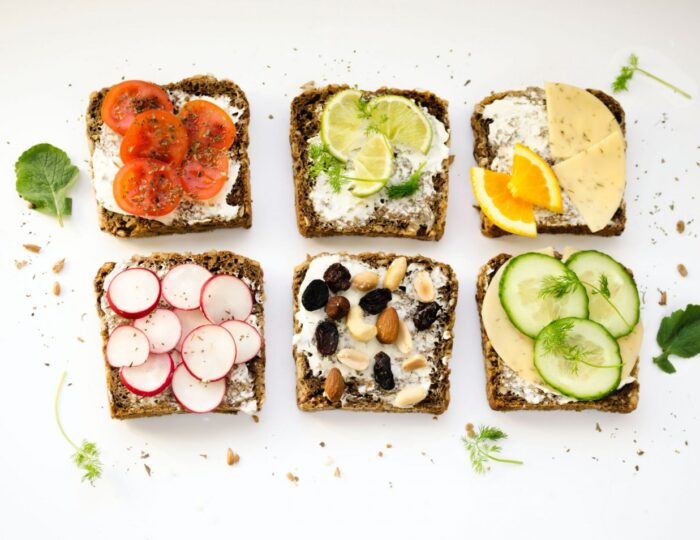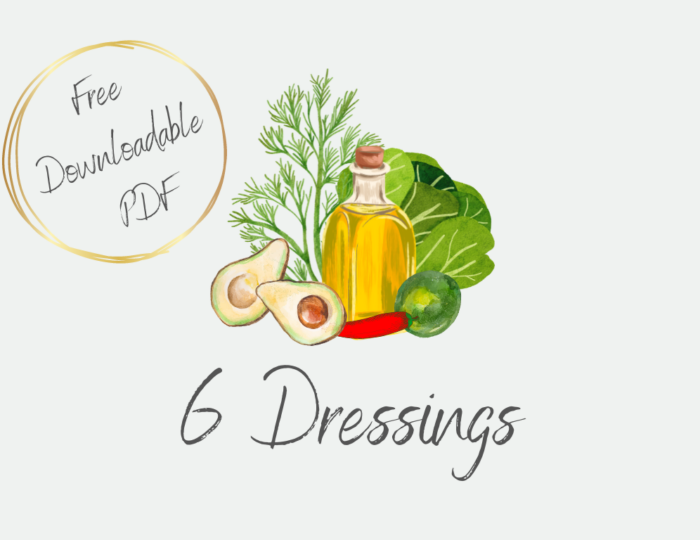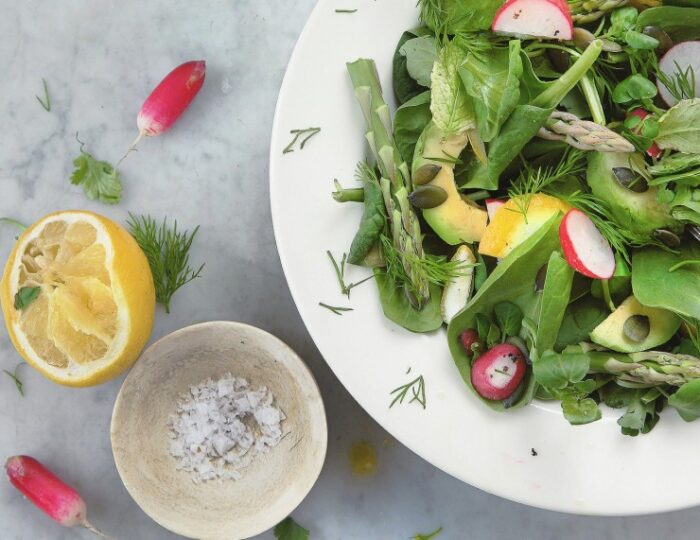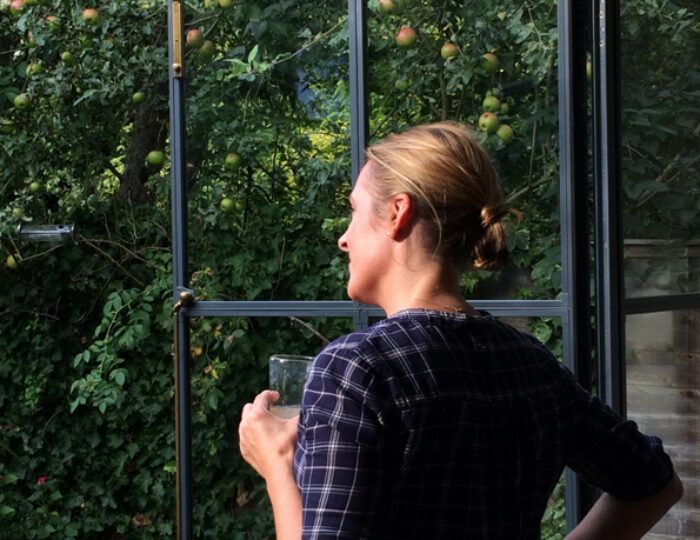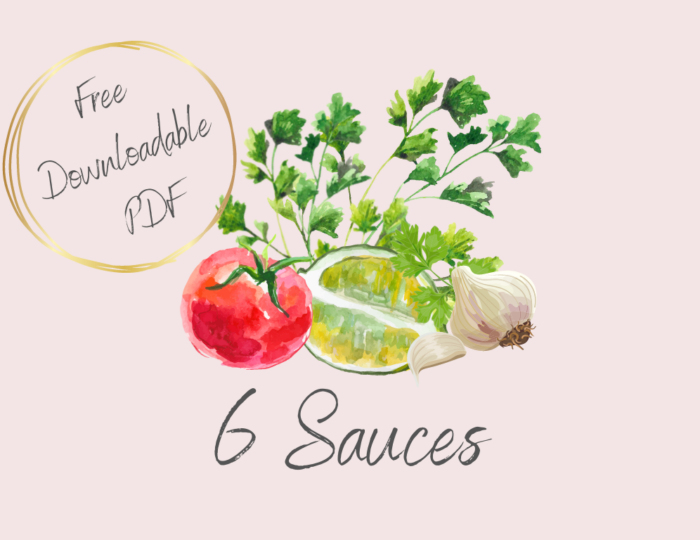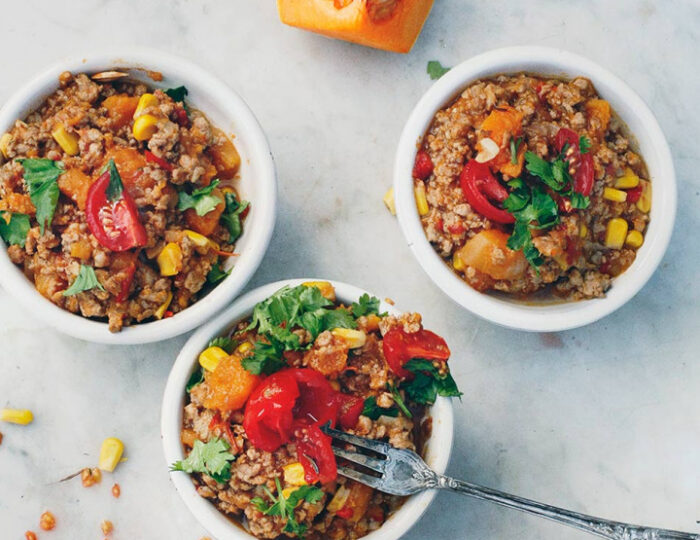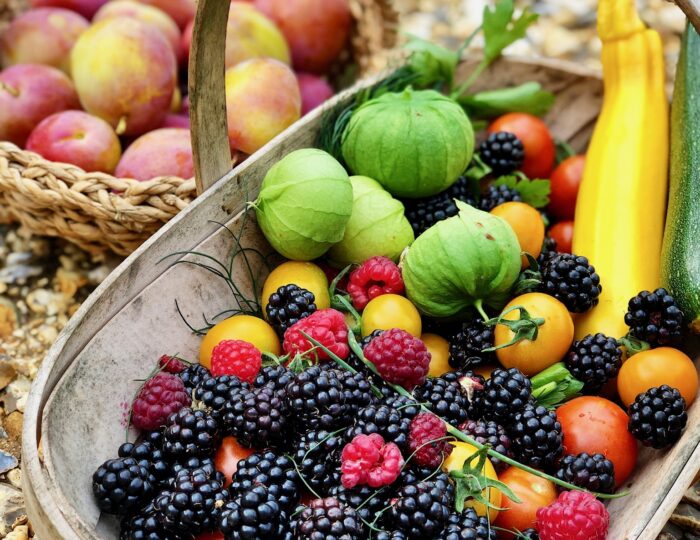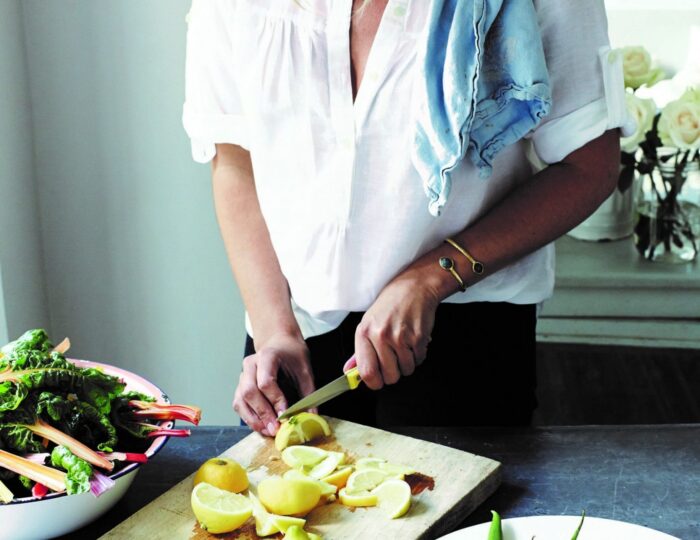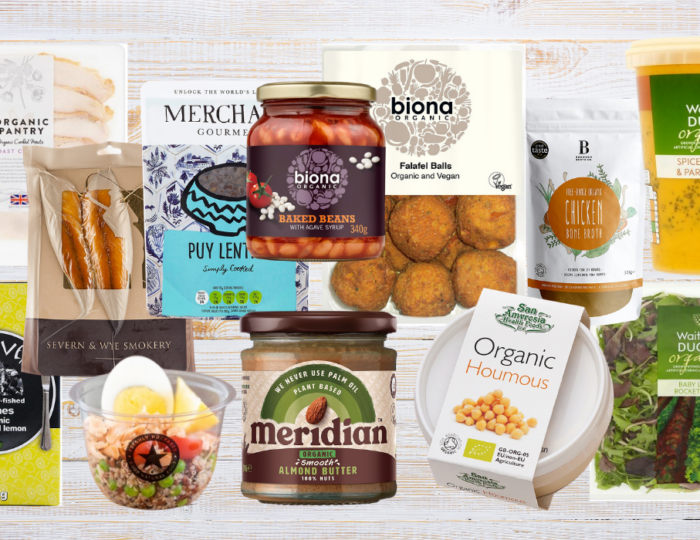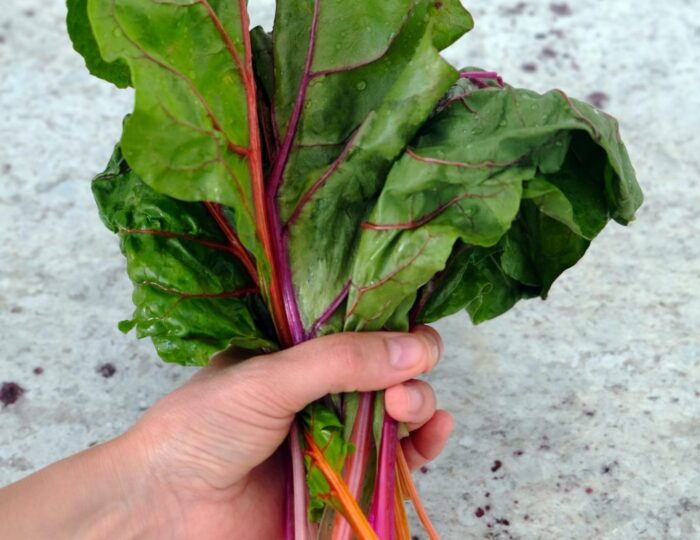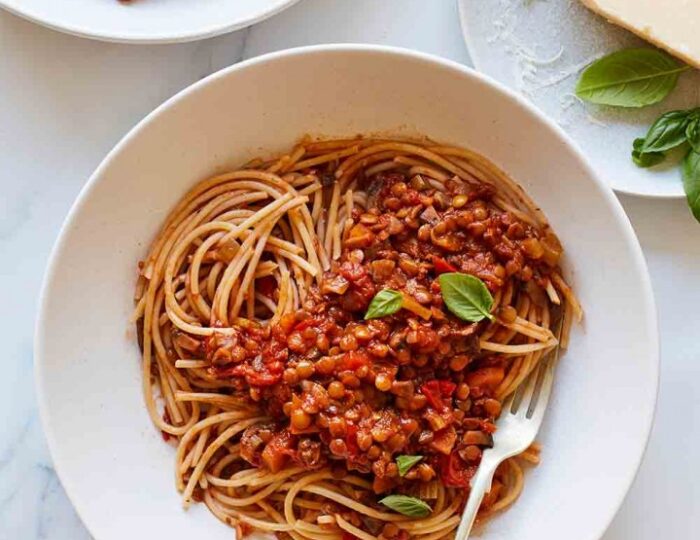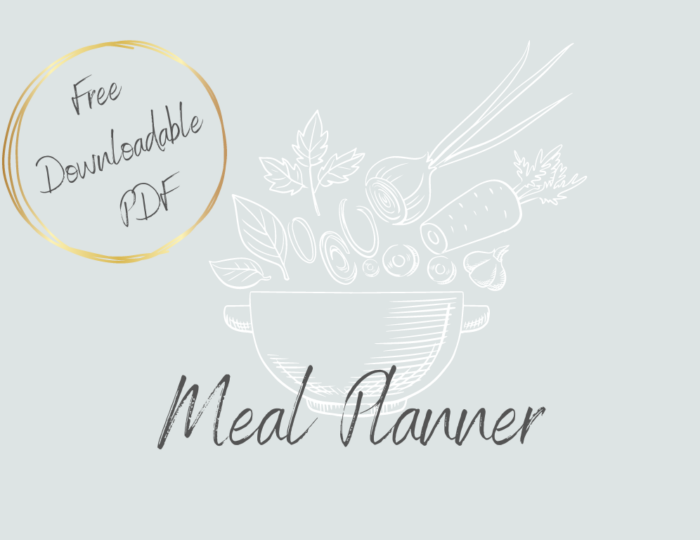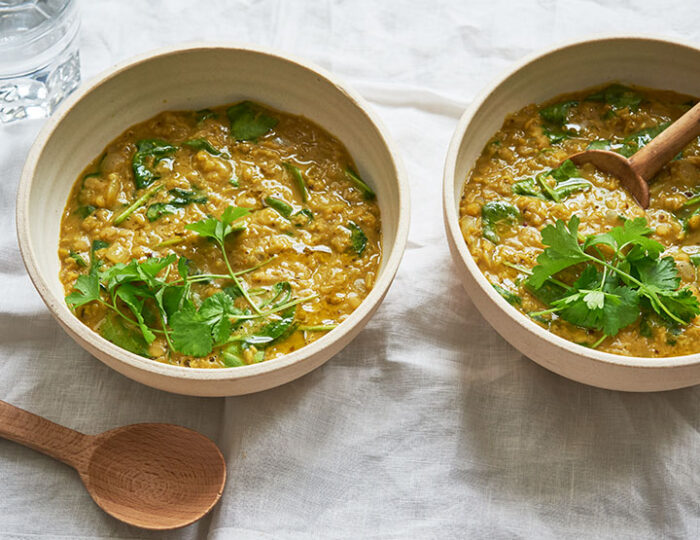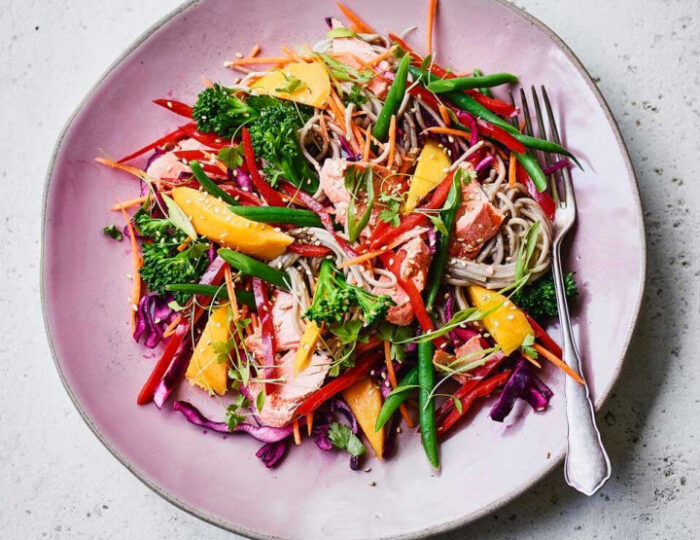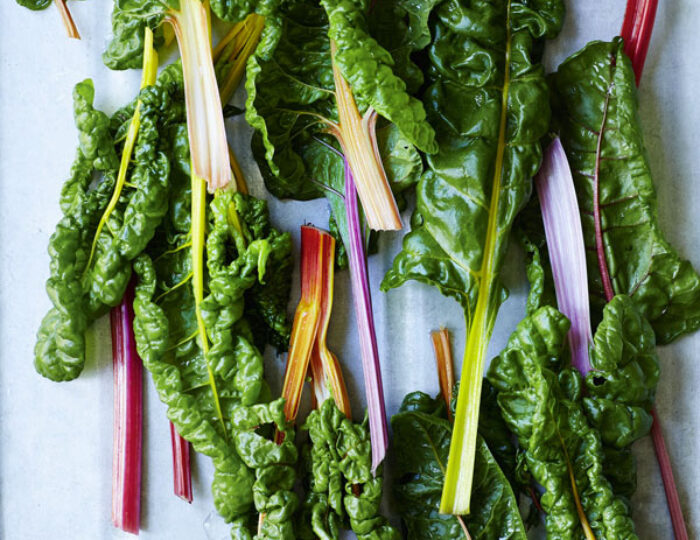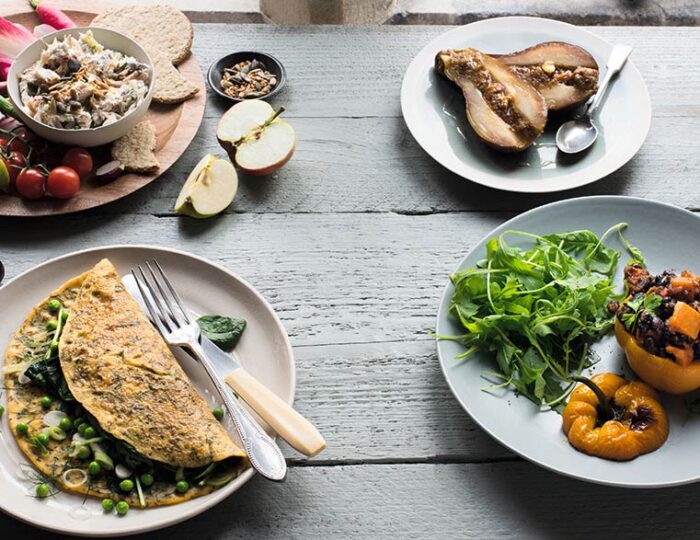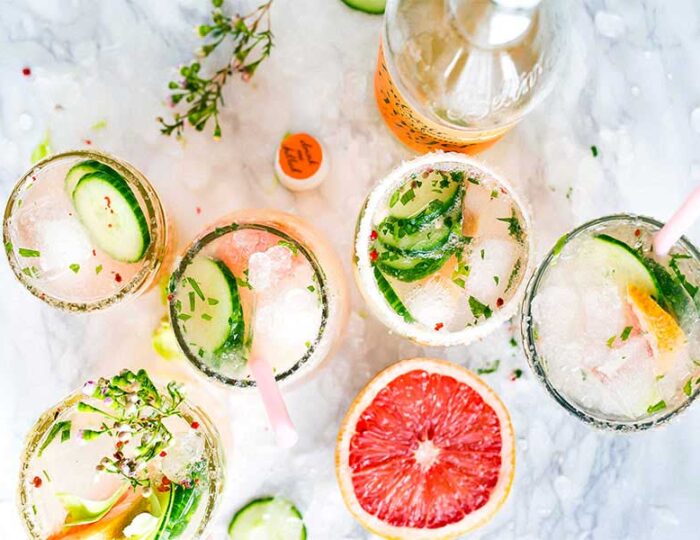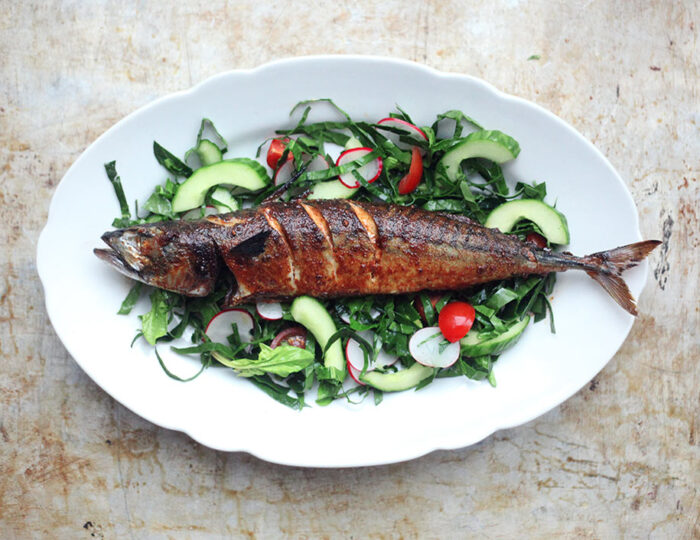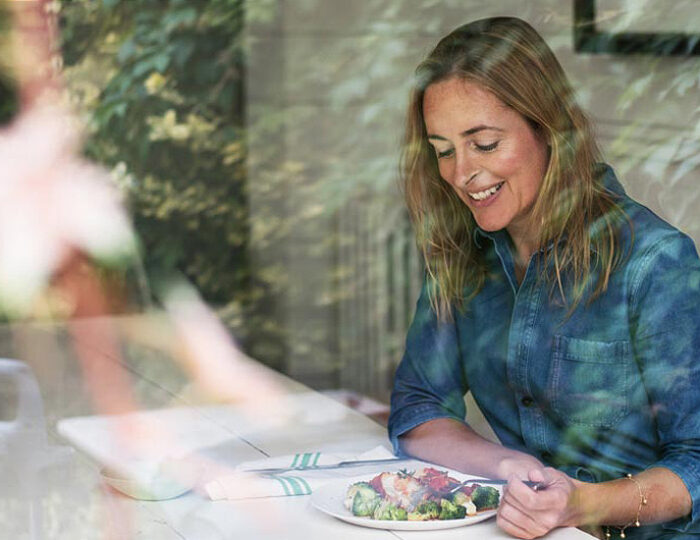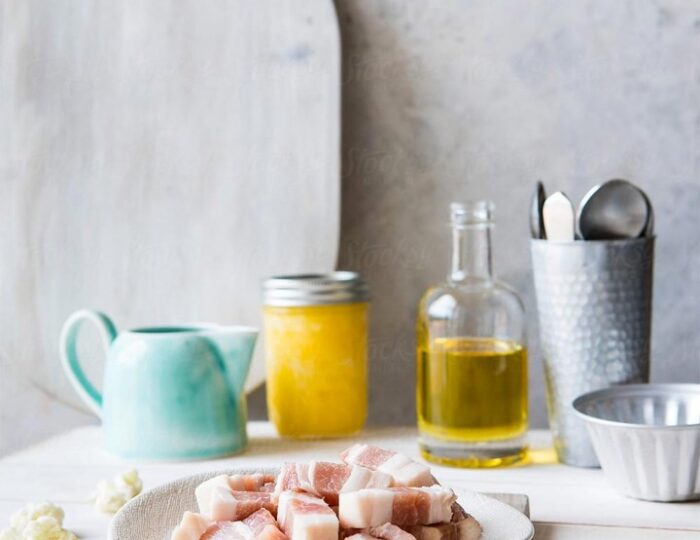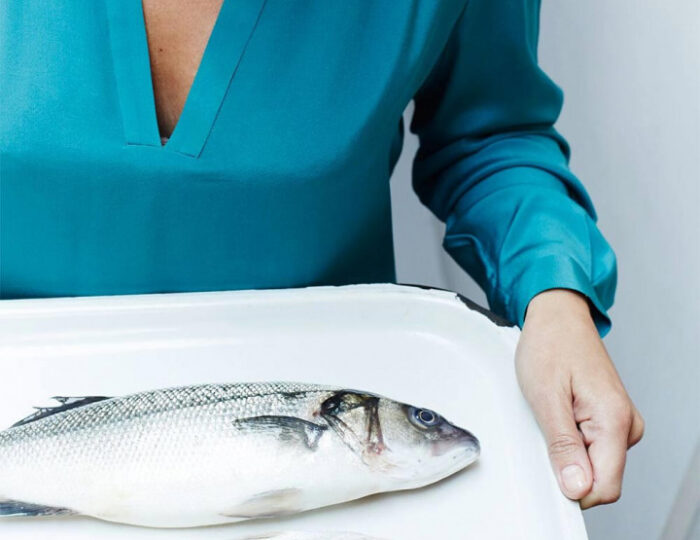BROWSE BY TYPE
HEALTH
Simple ideas to nourish vibrant health; from nutrition to sleep, stress reduction to movement and more.
HOME
Practical information, tips and hints for a beautifully calm and healthy home life.
GARDEN
Seasonal garden tasks, advice on growing-your-own and of course, plenty of inspirational images.
FREE DOWNLOADS
Fantastic free resources to browse, print and keep; from complete meal plans to my favourite weekday recipes.
Please note that nothing written on this site is a substitute for medical or personalised nutritional advice. Be mindful of your own needs at all times, and seek appropriate professional support as necessary
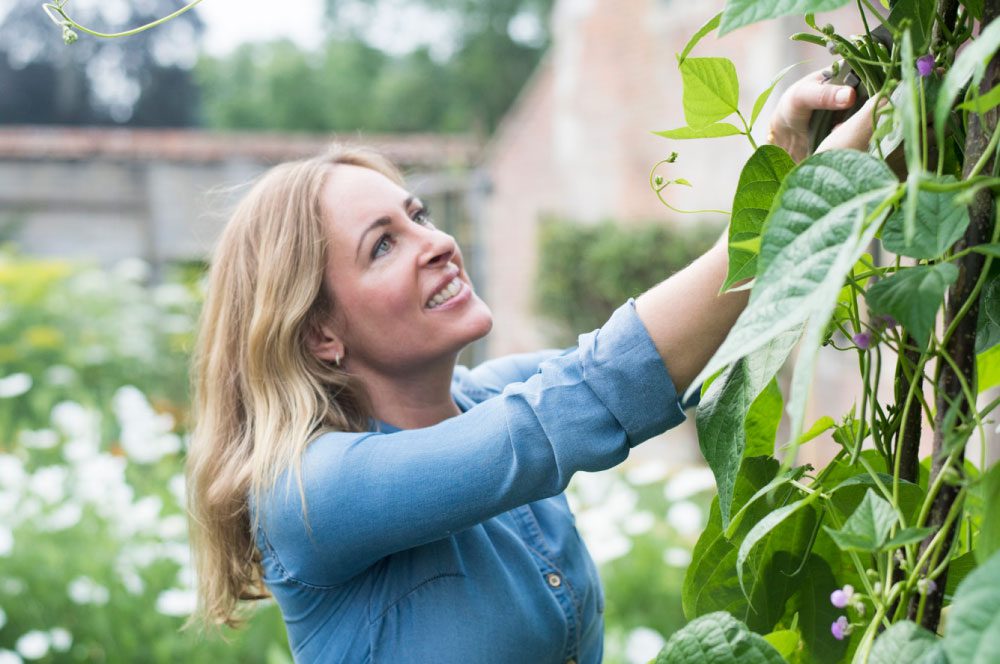
Latest Articles
Quick & Healthy Marinades
Use the following combinations to marinade fish, poultry, meats, cooked pulses and/or tofu.
How to Sow Seeds
I am definitely not an expert when it comes to gardening, but I find following the methods below increases my germination success rate when it comes to sowing annual seeds (either flowers or vegetables). But with that in mind, here are the two main methods I use, plus a list of some of my favourite seeds to grow.
Getting Started with Growing
If you are new, or relatively new to growing-your-own flowers or food, then the prospect can seem a little daunting. It certainly was to me as I started out.
12 Favourite Things on Toast
Let’s be honest – for many, toast reaches places that other foods can’t as it’s possibly the most comforting of foods. But it is also a brilliant blank canvas to pile on flavours and goodness. Here are a few of my chosen ideas for delicious and nutritious toppings that can be enjoyed for a leisurely breakfast, speedy lunch or a light supper, too.
Porridge 4 Ways
Is there a more comforting way to start the day than with a warming, filling bowl of porridge?
A Peek Inside My Garden
Nature has always been my primary source of solace and escapism. There’s such deep reassurance to be found in the rhythms and patterns of plants, animals and the seasons. Just five minutes with my hands in the soil, or looking up at the sky, and I feel better. Here's a little peak inside my garden.
My 9 Most Useful and Inspiring Garden Books
Some of my favourite books around gardening, happy reading!
6 Recipes for Good-Mood Food
Six easy recipes for good-mood food, and how the nutrition they contain may have benefit mood.
Principles & Values
I wholeheartedly believe that a good meal is one of life’s greatest pleasures, while also being one of the most powerful tools we have for supporting health. These two benefits of food ...
How to Stay Active When You’re Busy
Finding time to exercise consistently can be so hard when we’re busy, already exhausted and feeling like we are juggling a million-and-one things already. I hear you, I really do.
10 Simple Ideas for Better Sleep
From sticking to a routine, to what not to do before bed, here are 10 simple ideas for a better night's sleep.
16 Simple Ways to Nourish Yourself Through Winter
Here's a few strategies here that might just help nourish us through these autumn and winter months. I’ve broken them down by category - as I find this is a good way to think through self-care systematically and ensure we offer each key area a little TLC.
The Best Healthy Cooking Hacks
Cooking from scratch can be a time-consuming process. But I absolutely know it doesn’t have to be, and spending hours in the kitchen is certainly not a prerequisite for eating a nourishing and filling diet.
What to Grow if Space & Time is Limited
Cookbooks often focus on saving time, yet it also needs to be a consideration in vegetable growing. We may delight in growing our own, but have no more than 10 minutes a week to indulge our hobby.
Question: I’m eating in the way you recommend but I find it so expensive. How can I make it cheaper?
With a little planning, I think we can still enjoy our food, and eat a good enough diet, and hopefully also cut costs a bit. Here are a few ideas that might be worth considering.
Question: I’ve started eating like you recommend in your books and online, but I haven’t lost any weight yet. How long will that take?
I am going to start by saying that this is the million dollar question, and one that I’m afraid really doesn’t have a simple answer. We are all beautifully unique individuals, with totally different life contexts, physiology, psychology, habits, metabolisms, genetics and microbiomes. But here are some of my thoughts...
Autumnal Health
Prepare your larder and yourself for a healthy, happy autumn with these tips, covering immune function, fatigue and seasonal autumnal food.
Summer Health
Summer recipe inspiration, seasonal summer ingredients, tips on coping with hay fever and seasonal allergies and safe sun exposure.
Question: How can I increase my energy levels? I always seem to feel so tired.
Low energy or fatigue is one of the most common concerns of my clients. I think the key is to try to work out what is zapping our energy, as there are all sorts of different causes. Once we target the root cause (or causes), energy generally starts to improve.
Question: I just don’t seem to have enough time to cook from scratch. How can I eat healthy food if I am very busy?
I am not saying it is easy. But I am saying that good nutrition is worth your time – not least because if we are fuelled correctly, managing everything else can become a whole lot simpler.
Spring Health
Prepare to eat well, advice on spring cleaning, supporting relaxation, seasonal spring food and produce. Plus lots of spring recipe ideas.
Question: How do frozen vegetables stack up against fresh?
If frozen vegetables are significantly more convenient (and for many of us, they are), then it’s likely that we’ll eat more vegetables overall if we buy them frozen. And that is definitely a good thing.
8 ‘Healthy’ Things I Don’t Do
As wellness & nutrition professionals, we are generally very good at making recommendations about practices and habits that are beneficial to health.
Winter Health
Wrap up warm and embrace a healthy winter home, eating well in winter and delicious seasonal food and recipes.
Healthy Batch Cooking & Freezer Meals
Diana Henry said that ‘autumn cooking is not about instant flavours and assemblies of startling contrasts, it’s about layering and waiting’.
The Basics of Gut Health
What do we mean by the gut? What is a healthy gut? How might gut health affect weight?
Probiotics & Prebiotics in Gut Health
What are probiotics? What are prebiotics? Which recipes are good for gut health? You'll find the answers
The Supplements I use and (why they may not be right for you)
Learn about the key supplements I take as a Nutritional Therapist, and the ones I don't. Plus why they might not be right for you.
Thinking About: Intermittent Fasting
Do you want to know what intermittent fasting is? What the potential benefits and risks of fasting are? And who should not fast? Find out here.
80+ Healthy Breakfast Recipe Ideas
Never be stuck for healthy breakfast ideas or recipes again! From healthy, low-sugar smoothies to eggs, fruit breakfasts, toast, nutritious pancakes, oats and more.
12 Kitchen Cupboard Staples
12 of my favourite storecupboard staple ingredients to make cooking healthy food from scratch easier and quicker.
The Importance of ‘Listening to your Body’
What does it mean to ‘listen to your body’? How can we hear what it is trying to say? And why does it matter? Read more here.
10 Tips for Healthy Snacking
10 tips to help you feel in control of snacking, and where necessary, to enjoy it in a healthy and nourishing way.
Six Favourite Salad Dressings
These are my favourite go-to salad & vegetable dressings that can transform the simplest of dishes in next to no time.
6 Healthy Salad Dressings
Download a free printable of my 6 favourite healthy salad dressings to transform the simplest of vegetable dishes.
7 Day Glow Meal Plan
Download my free 7-day glowing skin meal plan, complete with recipes and my favourite skincare tips. In collaboration with Sarah Chapman Skinesis.
My Skincare Routine and the Products I Love
Learn all about my everyday skincare routine and the beauty products I love.
Quick Flavour Boosts
If you have any of these extra flavour boosters to hand, too adding a little into your dishes.
How to Make Healthy Food Taste Amazing
Healthy food should never taste bland. Check out these free downloads for Quick & Healthy marinades, quick flavour boosts and simple healthy sauces
Small Changes Still Count
Learn how small, incremental lifestyle or nutrition changes can add up to significant health benefits over time.
100 Delicious Plant-Based Recipe Ideas
Over 100 plant-based or vegan healthy breakfast, lunch and supper ideas. Plus a little something sweet!
How to Spend Less on Healthy Food
Learn about making conscious budget choices, 7 tips for shopping & cooking healthy food on a budget & 1 week healthy meal plan.
12 Healthy Convenience Foods to Buy
My favourite pre-prepared, quick and convenient ingredients for making healthy meals on busy days.
The Power of Positive Nutrition
Learn about the benefits of radically shifting our mindset around food and embracing the power of positive nutrition.
How I do My Food Shopping
Learn how I shop for fresh produce, dairy, cupboard staples, home & personal care and more.
Is Caffeine Healthy?
Are you confused about whether caffeine, tea or coffee is good for you? Read this article to learn more and help you make an informed choice.
Why ‘Eating the Rainbow’ is not just a Clichéd Phrase
Find out why should we be aiming to 'eat the rainbow'? Plus lots of tips on how to eat a more colourful diet and list of rainbow foods
9 Tips for a Great Night’s Sleep
9 of the most-effective and simple sleep tips to help you to get the best possible sleep each and every night, including 5 key disruptors and how to minimise them.
Is Joy a Missing Piece of the Healthy Puzzle?
How to find the joy in living well, eating nourishing food and practicing healthy habits, and why it is so important.
Vitamin D
Learn about the importance of vitamin D, where it comes from, who is at risk of vitamin D deficiency and UK guidelines on vitamin D supplementation.
8 Most Useful Pieces of Kitchen Kit
With so many of us now cooking all our meals at home and perhaps taking lockdown as an opportunity to finally clear out the back of our kitchen cupboards and have a bit of a spring clean, I thought I’d share my all-time favourite kitchen kit with you.
How to Enjoy Cooking For One
Tips and advice on cooking healthy meals for one, including a weekly shopping list with low-waste meal ideas.
Is Dairy Healthy?
Are you confused about whether cows milk dairy can be part of a healthy diet? Read this article to help you make an informed and balanced choice.
9 of my Favourite Healthy Comfort Food Recipes
Food is about far more than its purely nutritional value. It’s about love, celebration, connection, and so much more. That’s why I consistently say that we need to develop healthy eating patterns for not only our physical health, but also for our social and emotional health too.
9 Key Nutrients to be Aware of in a Plant-based Diet
Understand 9 important nutrients to be aware of if you choose to consume a plant-based diet, including protein, calcium, vitamin B12 and iron.
Thinking About: Eating a Plant-based Diet
Is eating a vegan or plant-based diet right for me? Is it healthy? Read this article to help make an informed and balanced decision.
A Kinder Approach to Healthy Living
Self-compassion can be very helpful for improving our relationship to food, eating and other aspects of a healthy lifestyle. Find out how to do it here.
Food & Symptom Diary
A symptom diary or journal can be really useful to help understand your body. Feel free to make notes beyond food & drink though – it’s a worthwhile exercise to consider the wider aspects of your lifestyle too.
Meal Planner & Shopping List
Free downloadable meal planner and shopping list, to help you get organised each week.
14 Meal-Planning Tips for a Cheaper, Simpler and More Nutritious Diet
14 meal planning tips for a cheaper, simpler and more nutritious diet. Free meal planner and shopping list PDF download.
How to ‘Build’ a Healthy Plate
Learn the simplest way to put together a nutritionally balanced meal from scratch using fresh ingredients by 'building' a healthy plate.
Why Complete a Food and Symptom Diary?
Explore this helpful way to take stock of our everyday eating and drinking habits and start to tune into how our body is feeling. Free printable weekly diary.
My Guide To: Non-Food Treats
Read this list of suggestions to nourish, celebrate and comfort ourselves with strategies that go beyond food or drink.
Understanding: Food Categories
What's a protein food? What's a carbohydrate food? What foods contain healthy fats? Learn the answers in this list of basic food group categories.
What is Positive Nutrition?
Learn about the benefits of radically shifting our mindset around healthy food and eating through positive nutrition.
How to Eat More Fibre
Fibre is a key component of a healthy diet, yet most of us don't eat enough. Find out why fibre matters, and 6 ways to increase your fibre intake here.
Alcohol: How much is too much?
Is drinking alcohol healthy? How much is too much, and what is the healthiest way to drink? Learn more in this article.
Creating a Healthy Exercising Habit
Tips and ideas to help you find your optimal amount of exercise intensity and frequency, and create a healthy exercise habit.
The Potential Risks of Over-Exercise
Not too little, not too much. How do we find just the right amount of exercise for ourselves and what are the consequences of over-exercise? Read more for the answers.
The Health Benefits of Exercise
What do we mean by the gut? What is a healthy gut? How might gut health affect weight?
Is Fish Healthy?
Are you confused about whether fish is healthy? Or need some top tips, recipes or ideas for cooking with fish? Read more here.
Life as a Nutritional Therapist
Are you thinking about a career change into Nutritional Therapy, or want to know what life is like as a Nutritional Therapist? Read more here.
Focus On: Seasonal Affective Disorder
Explore the causes, symptoms and self-help solutions to living with Seasonal Affective Disorder (SAD) here.
Is Dietary Fat Healthy?
Are you confised about whether dietary fats are healthy? And if so, which ones, and how much is the right amount? Read this article to help you make an informed and balanced choice.
How to Develop a More Positive Body Image
What is body image, and how can we create a more positive opinion of ourselves? Plus plenty of tips to support a more positive body image.
Is Oily Fish Healthy?
Are you confused about whether oily fish is healthy, and want to know more about its potential benefits and risks? Read this article to help you make an informed choice.
Is UK Tap Water Safe to Drink?
This article explores commonly raised questions and queries about the safety of UK tap water for drinking, and shares plenty of further resources.
Positive Nutrition Pyramid
In a nutshell, Positive Nutrition is an approach to eating that focuses on getting the ‘good’ stuff into our bodies, rather than worrying too much about excluding or cutting out the so-called ‘treats’.
Please note that the information on this website is provided for general information only, it should not be treated as a substitute for the medical advice of your own doctor or any other health care professional providing personalised nutrition or lifestyle advice. If you have any concerns about your general health, you should contact your local health care provider.
This website uses some carefully selected affiliate links. If you buy through these links, we may earn an affiliate commission, at no additional cost to you. This helps to keep all of our online content free for everyone to access. Thank you.

